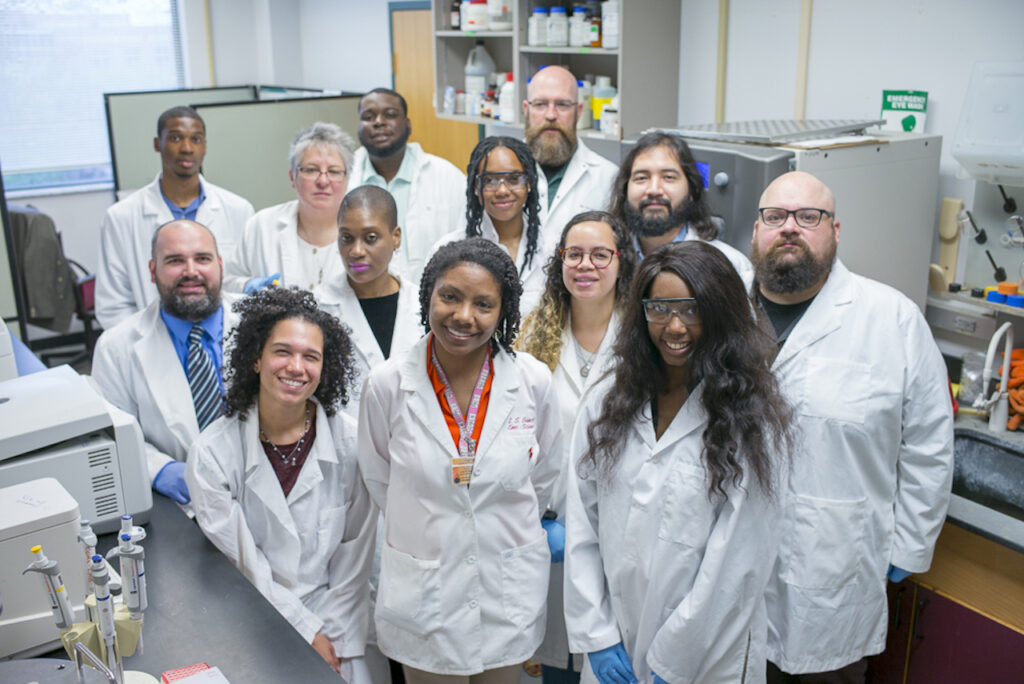Florida A&M University (FAMU) has maintained its Carnegie R2 -High Research Activity – designation for the third consecutive year. FAMU attained the R2 designation in 2018 and is one of 10 Historically Black Colleges and Universities (HBCUs) to hold the classification.
The recognition comes after a strong year of sponsored research for the University.
In 2021, the FAMU received $66 million in research awards and $50 million in research spending.
“FAMU is committed to expanding the scope and impact of our research through increased funding and growth of relevant graduate degree programs. Our R2 designation reflects progress in recent years and our determination to do more. Our faculty, staff, and of course, our students are major contributors to our success. We now have our sights firmly set on obtaining R1 status,” said FAMU President Larry Robinson, Ph.D., who is the principal investigator of one of the University’s largest research awards, a $30 million, five-year federal award from the National Oceanic Atmospheric Administration (NOAA).
Students and faculty in the FAMU School of the Environment.
(credit: FAMU)
FAMU Vice President for Research Charles Weatherford, Ph.D., said the R2 classification demonstrates that HBCUs are a vital component of the United States Research Enterprise.
“The credit goes to the FAMU researchers, faculty, and students, who write the proposals and perform the research, and to the FAMU Research Enterprise staff that handle the massive workload that supports the research,” said Weatherford, a professor of physics and director of the Center for Plasma Science and Technology. “The visibility that R2 status produces, results in career and employment opportunities for our students that would not otherwise occur.”
FAMU is not resting on its R2 laurels. The University has set a 2030 goal for R1 designation along with securing $100 million in research awards and $80 million in research spending, Weatherford said. R1 status carries significant benefits, he said.
“R1 status would produce an increased level of grant and contract interactions with funding agencies and industry and would raise the status of FAMU graduates as they seek post-graduation employment,” Weatherford explained. “R1 is an elite status and would open up increased possibilities for obtaining research facilities and investment through public-private partnerships.”


